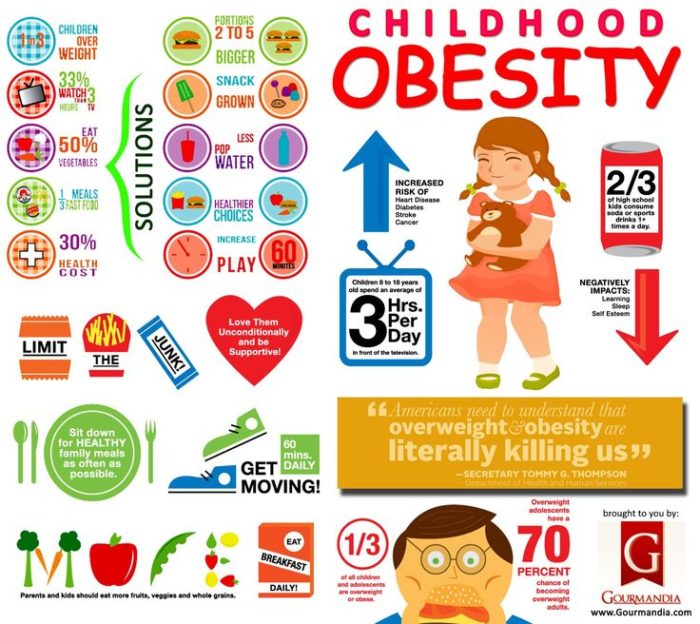

For more than 30 years, McDonald’s has included toys alongside children’s Happy Meals. And for more than 30 years, the rates of diabetes and obesity in children have steadily increased.
A cheeseburger Happy Meal has 520 calories, 20 grams of total fat, 8 grams of saturated fat, 50 milligrams of cholesterol, and a whopping 880 milligrams of sodium. Happy Meals are marketed as explicitly for children, and then children are rewarded with toys for consuming the high amounts of fat and sodium.

With the increased focus on Let’s Move and the rising costs of childhood obesity, McDonald’s has tried to make its unhealthful meals more palatable via marketing. It has introduced Happy, a new Happy Meal mascot, which children found so unappealing that the image—and kids’ reactions—went viral.
McDonald’s has also introduced e-books in both the United States and the United Kingdom. Offering books with a meal creates a more positive image than offering a toy, though the toys still appeal to children by tying in to current trends and popular culture. Recently, McDonald’s has promoted toys connected to Spider Man, Pokémon, and American Girl. In 2006, Disney ended its cross-promotional contract with McDonald’s, not wanting Disney characters to be used to market unhealthful products.
Offering toys and books in exchange for purchasing and consuming a high-fat, sodium-laden meal is a potentially dangerous tactic that could further the current health crisis facing children in the U.S.
One-Third of U.S. Children are Overweight or Obese
Nearly one-third of children in the United States eat fast food every day. And more than one-third of children in the United State are overweight or obese. This is more than double the obesity rate from 30 years ago. Not only can obesity affect a child’s daily life and self-esteem, being obese at a young age sets children up for other health problems later in life.
In addition to the physical cost, childhood obesity comes with a financial cost. Research published in Pediatrics indicates that obese children face an additional $19,000 in lifetime medical costs. Multiplied by the number of obese 10-year-olds in the U.S., the price tag for that age group alone reaches approximately $14 billion.
Diabetes is No Longer Just for Grown-Ups
As obesity rates in children rise, the diabetes epidemic is getting much worse. Though diabetes used to be a condition seen primarily in adults, a recent study found that type 2 diabetes rates rose 30 percent in children and adolescents between 2001 and 2009.
Fast food intake among children is likely a major culprit. The main component of the Happy Meal is a beef patty, and research has shown that meat eating should be considered a risk factor for diabetes since even moderate amounts of meat consumption can increase risk.
Sodium and Hypertension
Sodium intake is linked to high blood pressure in both adults and children. Harvard researchers found that high blood pressure in kids and teens increased 27 percent in a 13-year span. Additionally, children who are overweight or obese are at a higher risk of hypertension.
The Centers for Disease Control and Prevention recommends that parents have children as young as three screened for high blood pressure. One of the recommended ways to prevent hypertension is avoiding processed foods and eating a heart-healthy diet. With excessive sodium, saturated fat, and cholesterol levels, the Happy Meal is not a heart-healthy option.
Attempts to Ban the Toys
In the interest of children’s health, San Francisco lawmakers attempted to ban McDonald’s from giving away toys with Happy Meals. However, McDonald’s lawyers found a loophole—they were able to offer the toys as an additional 10 cent purchase.
In 2012, the Chilean government passed a law preventing fast-food restaurants from including free toys or other rewards with their meals.
A Child’s Feedback
At the 2013 annual McDonald’s shareholder meeting, nine-year-old Hannah Robertson spoke up, requesting that McDonald’s stop using toys and branding to convince kids to eat unhealthful food options.
Despite the 520 calories and 20 grams of fat in a Happy Meal, McDonald’s CEO Don Thompson responded by telling the girl that McDonald’s does not sell junk food. This year, Robertson continued her campaign, sending a letter to encourage McDonald’s to stop using marketing tricks to push unhealthful food options.
Children are Our Future
Rather than changing the menu to feature low-fat, cholesterol-free options, McDonald’s is relying on the “health halo” that comes with associating its food with educational materials. Instead of giving children toys or free items in return for eating unhealthful meals, McDonald’s should rework its promotion and only offer toys accompanying meals that are cholesterol-free and low in fat.
more recommended stories
 Fentanyl Seizures at Border Continue to Spike, Making San Diego a National Epicenter for Fentanyl Trafficking
Fentanyl Seizures at Border Continue to Spike, Making San Diego a National Epicenter for Fentanyl TraffickingFentanyl Seizures at Border Continue to.
 Utah Man Sentenced for Hate Crime Attack of Three Men
Utah Man Sentenced for Hate Crime Attack of Three MenTuesday, August 8, 2023 A.
 Green Energy Company Biden Hosted At White House Files For Bankruptcy
Green Energy Company Biden Hosted At White House Files For BankruptcyAug 7 (Reuters) – Electric-vehicle parts.
 Former ABC News Reporter Who “Debunked” Pizzagate Pleads Guilty of Possessing Child pδrn
Former ABC News Reporter Who “Debunked” Pizzagate Pleads Guilty of Possessing Child pδrnFriday, July 21, 2023 A former.
 Six Harvard Medical School and an Arkansas mortuary Charged With Trafficking In Stolen Human Remains
Six Harvard Medical School and an Arkansas mortuary Charged With Trafficking In Stolen Human RemainsSCRANTON – The United States.
 Over 300 People Facing Federal Charges For Crimes Committed During Nationwide Demonstrations
Over 300 People Facing Federal Charges For Crimes Committed During Nationwide DemonstrationsThe Department of Justice announced that.
